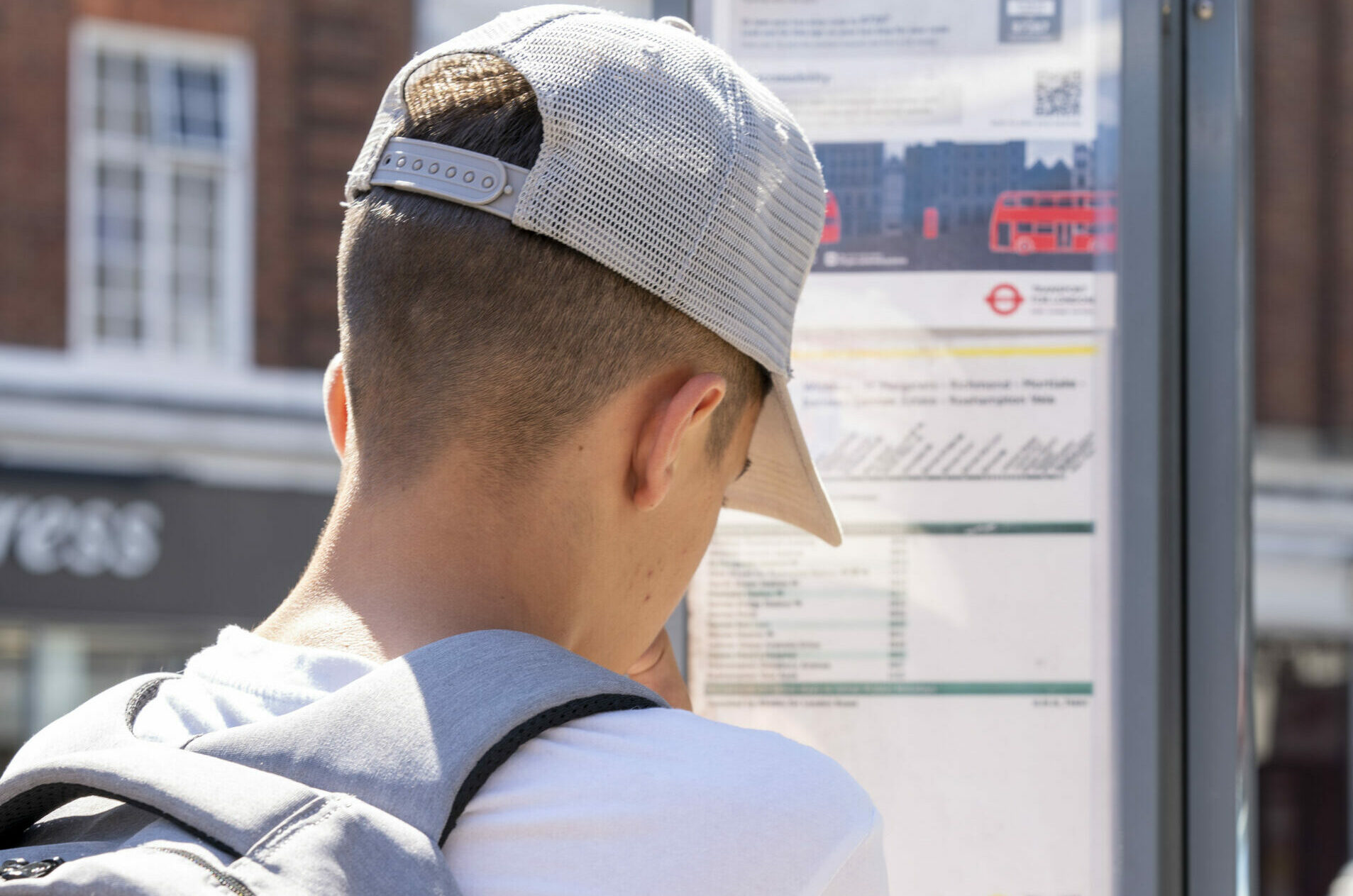
Some groups of children, including those looked after in the care system, are disproportionately likely to be reported missing. Children in care are twenty times more likely to be reported missing than the national average.
In 2021, over 10,000 looked after children went missing in more than 70,000 incidents.
In some cases, this is because looked after children may be at increased risk of harm. However, there are also concerns that sometimes they are being reported as missing inappropriately. Often due to misunderstanding of, or a lack of accountability in, different agencies roles and responsibilities.
At the same time, there is increasing evidence that police forces are refusing genuine missing reports. If this persists there are real risks that people will fall through the safety net.
It is vital that a balance is found, with better monitoring and oversight, to ensure the right approach to reporting and responding to missing person reports is put in place.
Reporting people missing when there are no genuine concerns about their safety, it can have a negative impact on their wellbeing and relationships. The Howard League found that over-reporting children as missing can lead to criminalisation, can damage children’s perceptions of the police, and can harm children’s relationships with their carers. These findings were supported by Missing People’s recent consultation with looked after children and young people in which children spoke about their frustration with being reported missing in circumstances where peers outside of the care system would not have been.
Click to read more of what young people told us“It looks really bad when you’re at a friend’s and the police come, how is that normal?”
“Calling police is not giving young people a chance to cool off. Keep lines of communication open and do best to find them yourself and then call the police.”
“Remember being in care isn’t like being a normal teenager, so don’t expect us to be normal. Try and understand our reasons, sometimes you need to leave us alone, you need to listen to what we say when we aren’t happy and don’t blame us for not being able to cope. Don’t threaten my placement because I go missing.”
Inappropriate reporting can also have a huge impact on police resources. Police forces have shared their concerns about the high volume of missing person reports they receive. They highlight how this can negatively affect their ability to respond appropriately.
“Talk to me, get to know me, don’t judge me, understand why I might go missing and help me manage those feelings and situations before it gets out of hand. Young people go missing for a reason, try to understand that. When we go don’t be angry or make us feel bad.”
Services across the country have increasingly encountered more examples of police refusing missing persons reports. There are very real concerns when the police refuse missing reports when there is genuine risk. We know that failure to report people as missing can lead to sexual and criminal exploitation going unnoticed. It can disproportionately impact people who go missing repeatedly who are often highly vulnerable. Ultimately, it can lead to serious harm happening to a person while no one is even looking for them.
This has happened in the past. Families would sometimes struggle to get the police to take their concerns seriously. Instead, they were told to come back after 24 or 48 hours had passed. More recently with inappropriate use of the ‘absent’ category.
There is also a risk that discriminatory judgements could be made against groups that are more regularly considered ‘not real missing’, or not given the same priority as others. For example people who are struggling with their mental health, or people from minoritised ethnic communities.
This issue is complicated. By the very nature of someone being away, it is hard for us to make judgements about what risk they are facing and whether they are ‘missing’. If someone is out of our sight we don’t automatically consider them as such. So when do we need to start worrying?
There is no simple answer to preventing inappropriate reporting, or to ensuring that the police never miss responding appropriately to a report where there are genuine reasons for concern. However, we do think there are some ways to begin working towards this.
Earlier this year we carried out a survey with professionals who have experienced reporting someone missing, and with a small number of people who have reported a family member missing.
We asked about their experiences of reporting, and what needs to change to improve the response.
Key recommendations that came from the responses included:
You can read more about the survey responses and findings here.
We will be campaigning for improvements in monitoring, as well as more oversight to ensure all partners are playing their part. If you work in any role across local safeguarding partnerships we urge you to consider how you can make improvements in your area.
If you are a professional who works with looked after children who may be at risk of going missing, we would recommend completing our short training course: Missing from Care E-Training.
The course aims to equip carers and professionals to:
The training is based on the experiences, stories and views of care-experienced young people who have been missing themselves. It uses interactive content and tasks to build the participants knowledge and confidence in effective responses.
The training is just £15 per person and you can contact consultancy@missingpeople.org.uk if you want to know more about the course or to book on.
Sign up for emails highlighting missing appeals, information on how to share the appeals, and more information about our work. It is free to join and you can unsubscribe at any time. Find out more.